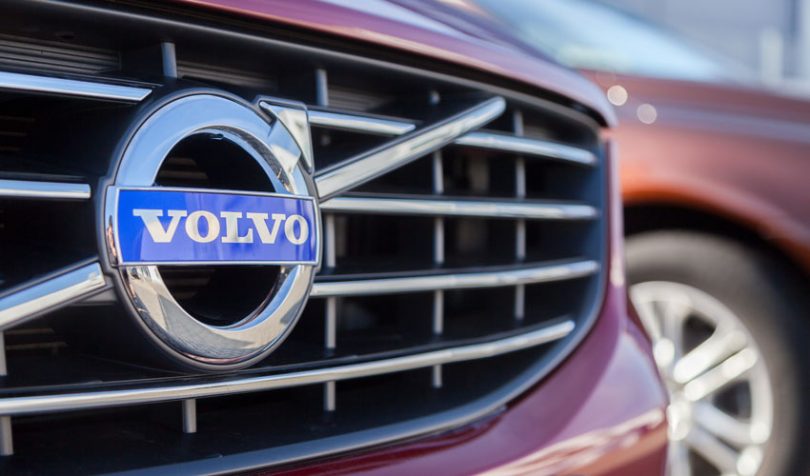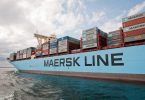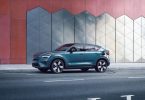On the 3rd August, Volvo Cars announced it has successfully used a blockchain to track recycled cobalt in the firm’s newly produced cars. The electric vehicles are the first to be manufactured with the recycled mineral traced by a blockchain. The project, as reported by Reuters, was developed with UK blockchain firm Circulor using Hyperledger Fabric and the Oracle Blockchain Platform.
The distributed ledger technology (DLT) solution traced the mineral to cars made at Volvo’s factory in Zhejiang, China. Cobalt is considered a ‘conflict mineral’ as its mining is notorious for human rights violations, child labor, and non-sustainable processes. However, it is a key ingredient in modern batteries.
Volvo’s use of recycled cobalt eliminates these concerns. That’s not only because the mineral is re-used, but it travels much shorter distances than from mine to manufacturing.
The blockchain “tracked cobalt from a Chinese recycling plant to Volvo Cars Zhejiang over a two-month period to 27th June,” a representative from the auto firm stated. The main aim of the project was “full transparency and traceability”, they clarified.
Indeed, the immutability of DLT systems allows for trustworthy tracking data in a single place. This means that disputes between parties such as logistics firms and factories can often be resolved by looking over the data.
After a successful two month trial, Volvo hopes to launch the blockchain system later this year.
However, more than just new technology is needed to solve the cobalt industry’s biggest problems. Two-thirds of the world’s cobalt comes from the Democratic Republic of Congo, where around 20% of the mineral is mined by ‘artisanal’, or small scale independent, producers.
Cobalt consumers such as Volvo face a Catch-22 situation with the artisanal miners. Without the regulations of large mining firms, bribery and safety issues such as children carrying sacks of rock and manually dug holes are rife. However, if companies stop supporting the small scale miners, then their already small source of income halts with little hope of support anywhere else.
Douglas Johnson-Poensgen, the CEO of Circulor, stated to Reuters: “No technology can completely replace due diligence. What it will do is improve enforcement of standards by highlighting when things are not working as intended.”
Volvo also announced on Friday that it will be joining Ford and IBM’s sustainable mining blockchain project which also includes Ford and Volkswagen. Meanwhile, Circulor has a separate traceability project for the mining of tantalum, which faces many of the problems of cobalt.
The startup is working with PRG Resources which supplies Apple, which in turn is involved in the Responsible Minerals Initiative blockchain group. Apple earlier this year published a report on its use of conflict minerals.







